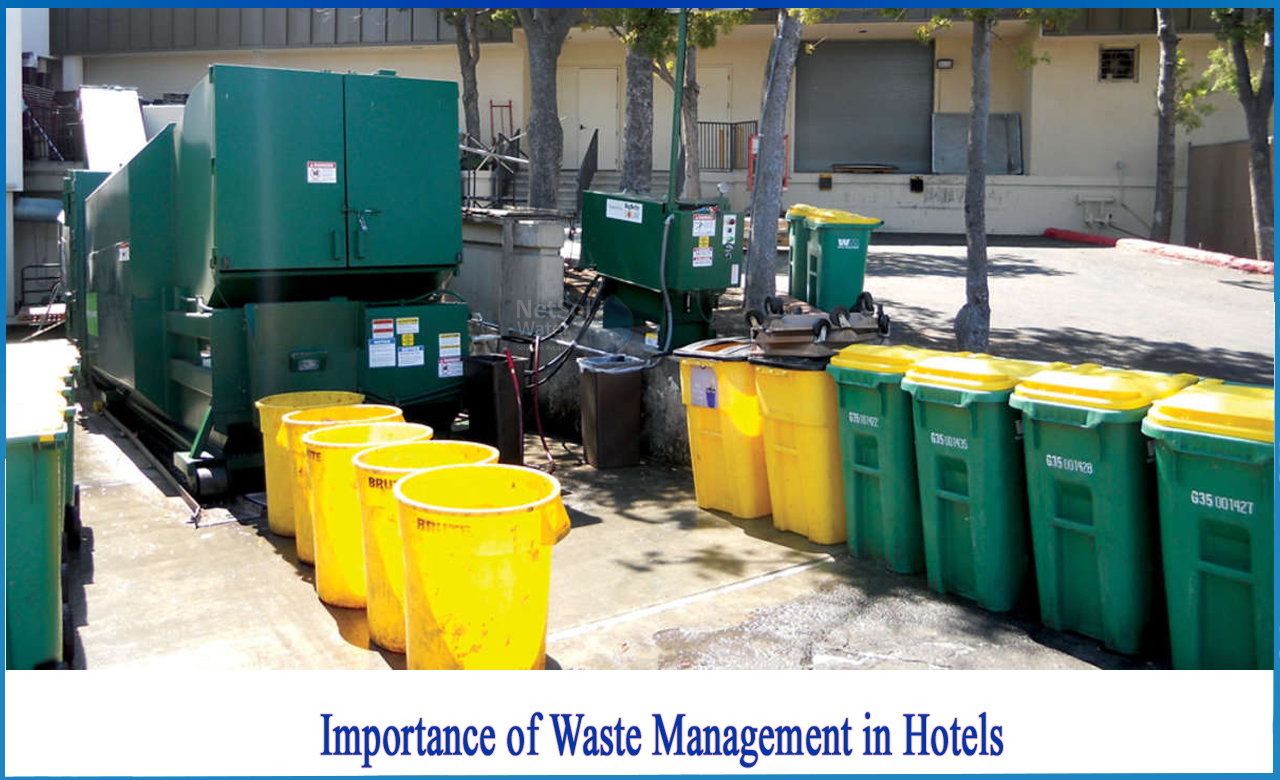What is a sewage treatment plant?
A sewage treatment plant works by circulating air to promote the growth of bacteria that break down sewage. The ultimate goal is to produce much cleaner, more environmentally friendly effluent. It is similar to a typical septic tank, but there are some key differences. Sewage treatment plants, depending on their size, can treat the waste of a single commercial property or a group of residential dwellings.
Why do sewage treatment plants need to be built?
Getting connected to main sewers should be the first thought for anyone planning a new development. They are usually the most cost-effective and dependable way to deal with your wastewater. Obtaining a mains sewer connection, on the other hand, is not always possible. In some cases, the distance from the nearest sewer or the land layout may make it impossible to have your property serviced by a mains sewer.Sewage treatment plants and other alternatives can help with this. The operation of a sewage treatment plant means that it can be installed almost anywhere where there is an electrical connection.
What is the importance of Waste management in Hotels?
The importance of effective waste management in the Hotel/Resort Industry
1. Waste Characterization and Quantification in the Hotel Industry
It is critical to categorize the types and quantities of waste produced by each department of the hotel industry in order to properly manage it. Office waste (papers, documents, brochures, for example), household waste (jars, bottles, cardboard), and organic waste (vegetable and fruit peels, flowers) can all be separated in color-coded bins for easy and convenient waste management.
2. Understand Waste Hierarchy
This concept, presented by Waste on Line (2006), provides options for waste management through prevention, minimization, reuse, recycle, recovery, and disposal, preventing a significant amount of waste from entering the waste stream. Recovery is the most important part of the process because recycling recovers some of the material's value. The final step is waste disposal, which typically entails landfilling and waste incineration.
3. Data Analysis
The hotel industry generates a lot of waste, which is often dumped in landfills without being properly treated. The first step in managing waste data analysis is to conduct a waste audit. Waste auditing is the process of identifying the productivity process from waste management practices in hotels. The volume of waste can be greatly reduced with the help of trash compactors or industrial balers, making it easier to handle and lowering the cost of waste disposal.
Compactors of various sizes, shapes, and convenience will be ideal as a waste disposal tool in everything from hospitals to hotel chains. A food composter can help to reduce organic waste in the hotel. Composting is a biological process that necessitates specific temperature, moisture, ventilation, and carbon/nitrogen ratios. Compost is an excellent soil conditioner and fertilizer.
4. Model and framework development
A framework is created with a specific focus on how to save money on local vendors and labor costs for waste management. It is divided into two categories:
· Profitability from Recyclable and Compostable Waste – This is a method of making money from a company's business events. Any methodical plan can be used to increase total profit with this tool.
. Waste Management and Sustainability – Sustainability is everything you need to survive. Any framework can survive if the social, economic, and environmental aspects are taken care of and have all of the necessary conditions to sustain from waste management.




